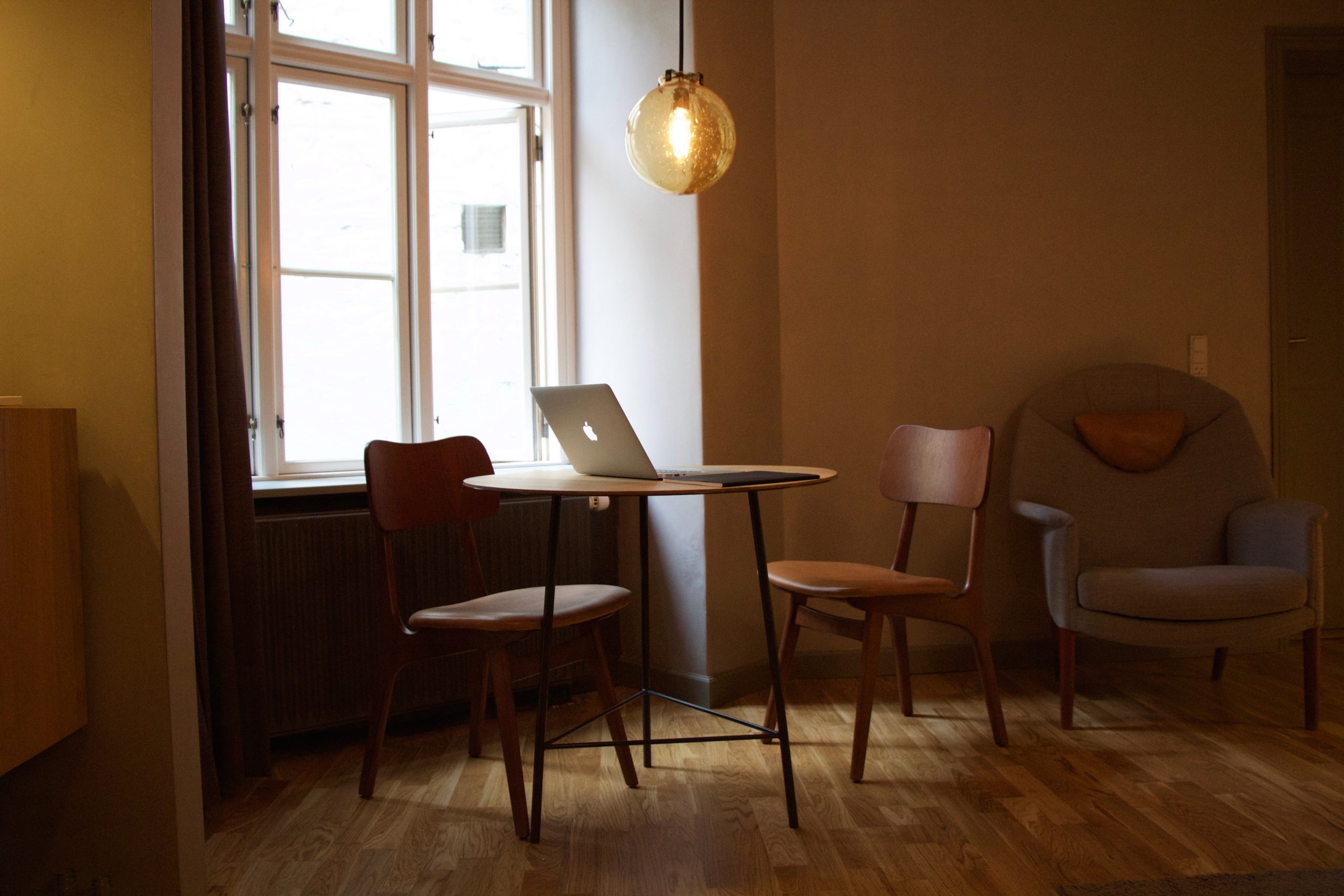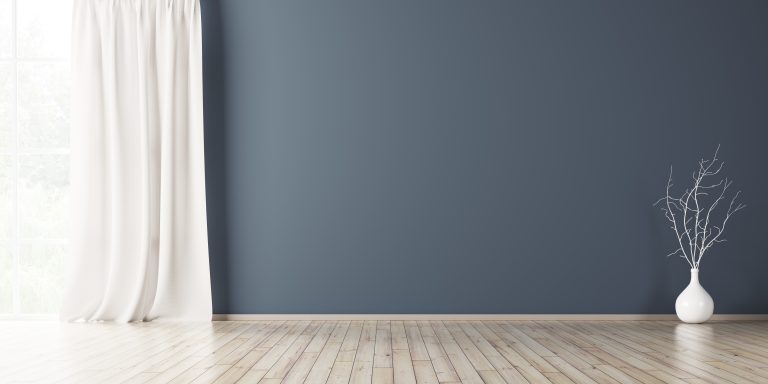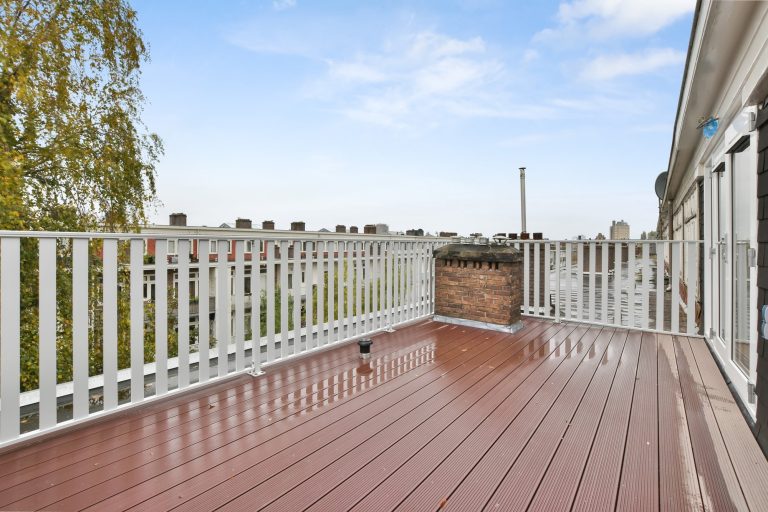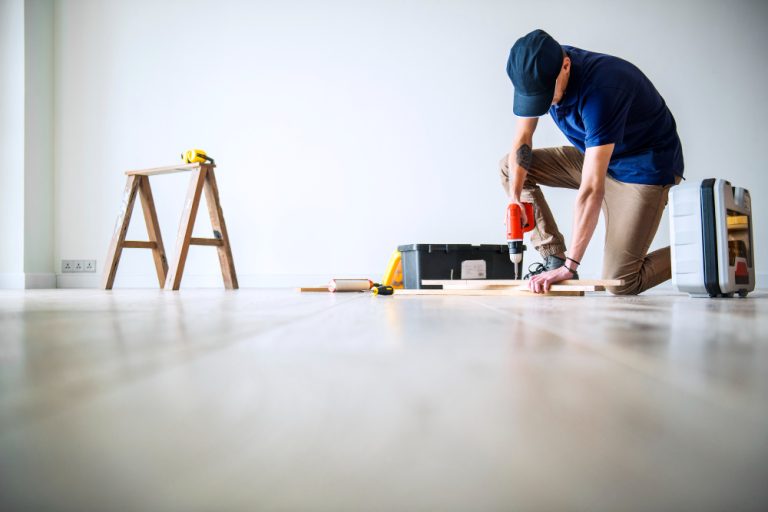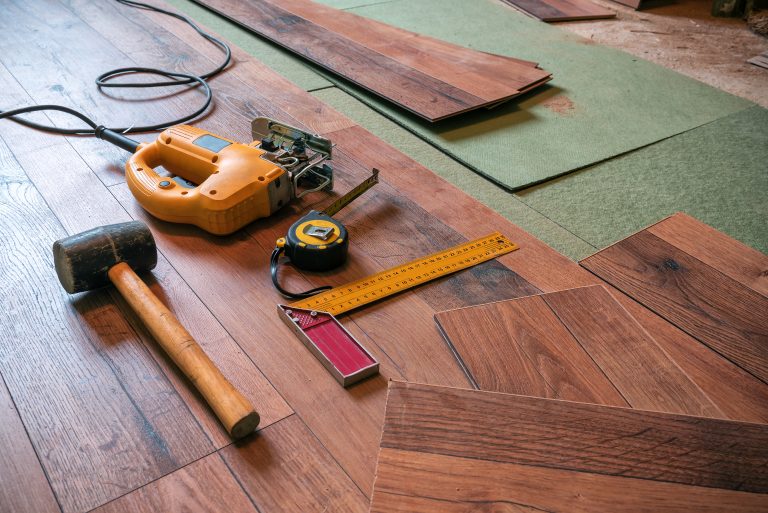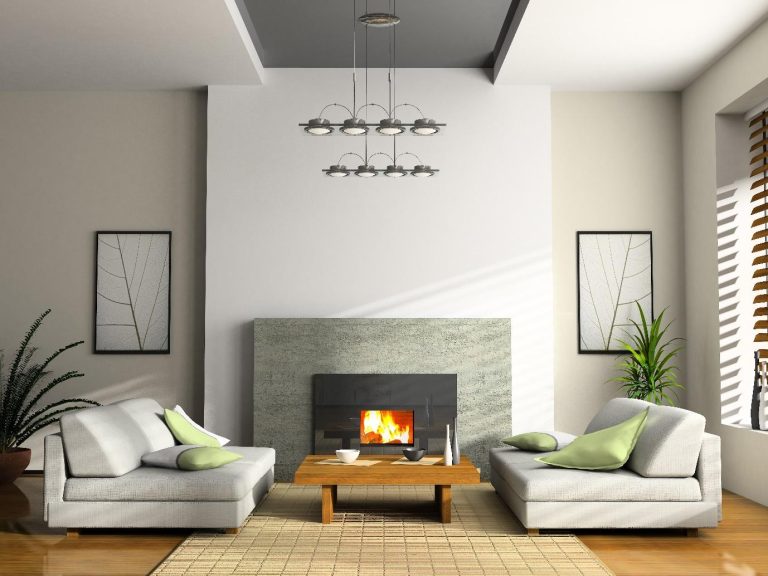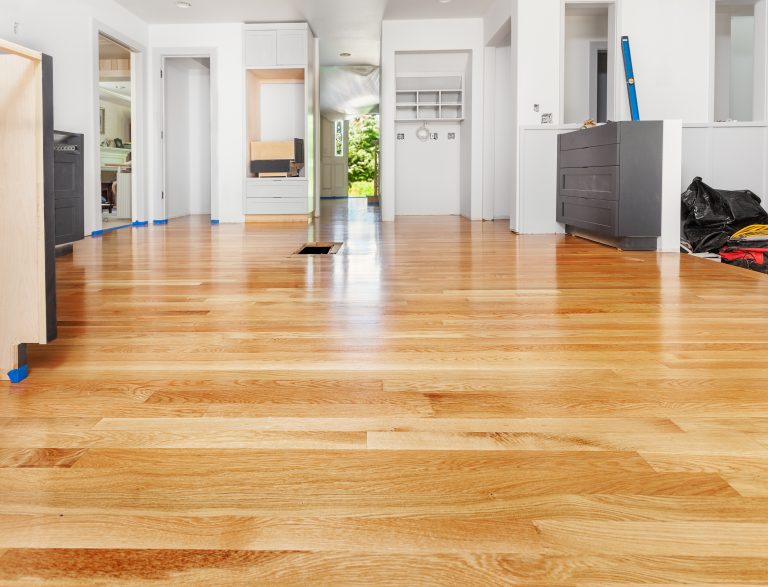Which is Better: Engineered Wood or Vinyl Plank Flooring?
When the time comes to replace the flooring in your home, it’s worth considering engineered wood or vinyl plank flooring as your material.
Both of these floor coverings can mimic authentic hardwood down to the grain detail, making them popular alternatives to true timber planks. But when the time comes to make the decision between engineered wood and vinyl, it helps to have all the information on the pros and cons of each before making a purchase.
Engineered Hardwood Flooring
What is it?
Engineered wood floors are essentially a thin layer of timber placed on top of a dense fiberboard core, which has been fused together to create a solid foundation for the authentic wood veneer.
What are the Pros and Cons?
There are many benefits to using engineered hardwood. Not only does it look exactly like authentic timber, it can also be installed directly over subfloors. They’re also incredibly scratch resistant and can be purchased in a number of colors and grain patterns.
But because each board is covered in a veneer of authentic timber, the floor is noticeably sensitive to moisture. This means all spills (including water) must be wiped up immediately, otherwise the floor could begin to warp or stain.
Vinyl Plank Flooring
For homes that need a low-maintenance floor, vinyl plank flooring is a popular choice.
What is it?
Vinyl plank flooring is made of synthetic materials (like rubber, PVC, and plastic) that have been fused together to create solid planks. Despite being made of artificial materials, it looks strikingly similar to authentic hardwood flooring.
What are the Pros and Cons?
Because vinyl mimics the look and feel of hardwood, it’s an affordable but stylish alternative to traditional timber. The biggest positive aspect about this particular floor covering is the fact that it is incredibly water resistant and requires very little maintenance. Vinyl can also be installed directly over subfloors, making it suitable for basements and single-floor homes.
On the downside, it’s important to note that vinyl is sensitive to heavy objects being moved across the surface. If you have large furniture to place on the floor, try using floor protectors to keep your vinyl scratch and dent free.
Overall, both vinyl plank flooring and engineered hardwood are pet-friendly floors with a variety of color and grain options. Thanks to advanced manufacturing technology, both of these floors mimic the natural look (and feel) of authentic timber. That said, engineered hardwood is likely better for families who want the authentic feel of hardwood floors underneath their feet, and are able to ensure no sitting water is left on the floor. Because vinyl plank flooring is more resistant to spills, it’s likely a better option for homes with new puppies and young children.

